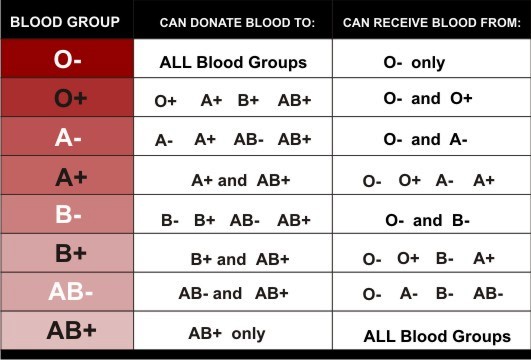Routine Test - Mother's e-Guide
Main menu:
Healthy Tips
Routine Test
"Pregnancy is not a life of fashion; it is the life within life and womb is the first home... while pregnancy in maternal care starts with a medical test." (Rev. Sr. Ihejirika Perpetual: 2020 - St. Francis Catholic Hospital, Okpara In-land, Delta State). Test is meant to determine whether a woman is positive or negative and from there, place her on the right care. There are series of test that a pregnant woman needs so as to cater for her pregnancy medical needs; right from antenatal to postnatal: Pack Cell Volume test, Blood grouping, Urinalysis, Cervical test, MP test, HIV and many others most especially when the pregnancy situation calls for it.
A caregiver and certified medical labouratory scientist practising for over twelve (12) years explains (in an interactive discussion) all of these various tests; the reasons behind the routine test and their importance. Medical test meant for the neonate is equally unraveled. Watch the video to access the information.
Routine Test: Antenatal, Postnatal and Neonatal
Blood Group
Blood can be classified into four (4) main types. (i.e. blood groups) determined by the inherited genes from biological parents. The four blood groups are: A, B, AB and O; each group can further be classified by their rhesus factor. Precisely, each blood group can either be Rhesus (Rh) positive or negative. As a result, there are eight (8) blood groups in all.

Blood Compatibity Chart
Blood grouping matters in pregnancy for safety of the mother and child. This is essential most importantly if the mother to-be is having a rhesus negative factor: A-, B-, AB- and O-. Apart from that, getting pregnant for a man with a blood group that is Rh-positive could pose serious problems for future pregnancies. Simply put, this concerns any woman with Rh-negative blood group and is pregnant for someone who is Rh-positive. The effect is exemplified below with regard to a baby having a blood group of positive Rhesus (Rh) factor.
Note that it can happen in pregnancy, labour and delivery, (miscarriage or abortion as well) that blood cells from your baby will cross your own bloodstream. This is absolutely normal but your own body and the negative blood cells will approach the Rh-positive protein (of your baby) as a foreign body. Resultantly, your immune system will build antibodies against your baby’s blood cells; tendency to send these antibodies to attack and destroy your baby’s red blood cells is high.
Antibodies actually protect living beings from foreign bodies, infections inclusive.
When this happens (i.e. red blood cells of the baby completely destroyed), bilirubin will build up in the baby’s bloodstream. Meanwhile excess accumulation of the bilirubin is harmful to the baby, importantly the brain. Baby - when born, can also then develop yellowish skin, may be limp with Jaundice. Such babies usually have low blood level therefore are prone not to breastfeed very well. Advertently, they may die shortly after birth. It takes some time for a woman’s body to develop antibodies (i.e. become sensitised), often times, ‘firstborns’ are usually unaffected. Contrastingly, if a mother’s body had built up the antibodies due to abortion/ miscarriage in the past, her first live birth may be badly affected by Rhesus incompatibility. Blood incompatibility issue is not a death sentence, it can be prevented with the aid of preventive immune globulins.

RhoGAM injection is often administered after every pregnancy (even if it ends in miscarriage), once it has been established that the baby is Rhesus positive. This renders the mother’s antibodies powerless; gets rid of them, preventing it from destroying the baby’s healthy blood cells.
Summarily, this is part of the essence of antenatal care; through antenatal, all of these issues will be detected. Above all, be aware of your own very blood group. Same time, be informed of your partner’s blood group.
Home Page | Antenatal | Postnatal | Neonatal | Healthy Tips | FAQ | Trainers Pack | Extras | General Site Map



